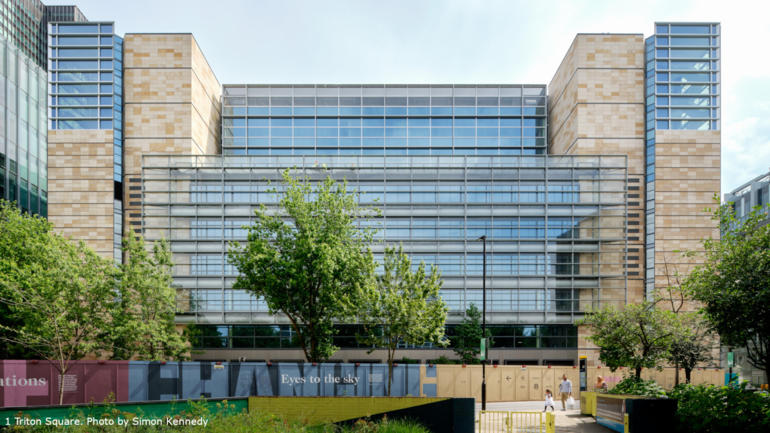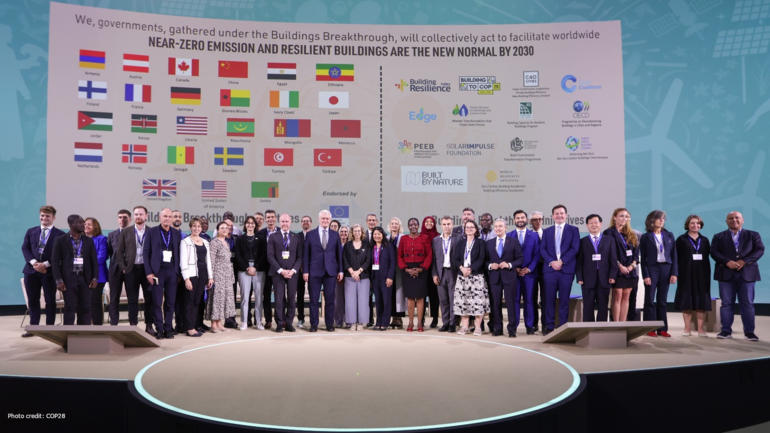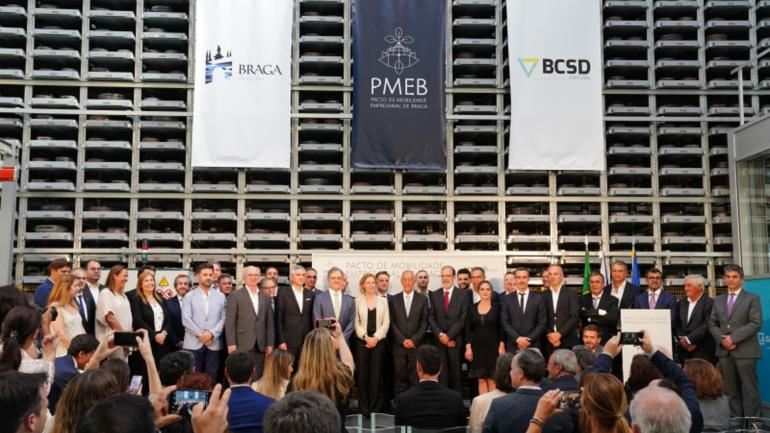Montreux, Switzerland 18 April: The World Business Council for Sustainable Development (WBCSD), Climate-KIC and C40 met in Montreux during WBCSD’s annual Liaison Delegate Meeting to advance their collaboration to pilot the Low- Emissions Economy Partnership (LEEP) model in Europe.
The three partners will establish independent local LEEP offices that bridge the gap between cities’ emissions reduction goals and the implementation of low-emissions projects in buildings, transport, energy and waste sectors.
They aim to demonstrate how a city can use the LEEP model to drive low emissions projects in a profitable manner and bring value to local stakeholders (municipality, businesses, academia, NGOs, etc.).
Through their partnership in 2018-2019, WBCSD, C40 and Climate-KIC will:
- Review around 30 existing city-business partnerships around the world to bring into the LEEP business model best practices and lessons learnt in terms of organizational structure, key activities and financial sustainability;
- Refine further the LEEP business model; and
- Pilot the LEEP model in three cities in Europe between 2018 and 2019.
Jonathan Walter, Director of Programmes Business and Innovation at C40, said “Deadline 2020, an influential report released in 2016 by C40 and Arup, outlined that cities acting alone can only achieve a fraction of the impactful change required to meet their climate targets as set out by the Paris Agreement. Partnerships with business are essential in enabling cities to move onto the trajectory towards no more than 1.5 degrees of warming. There is a huge opportunity for the private sector to align themselves as partners in helping cities achieve their climate goals.”
Tim Taylor, manager of Climate-KIC’s Smart Sustainable Districts programme, said “We are helping city communities to transform their urban systems in order to harness the opportunities and meet the challenges of the 21st century. New collaborative partnership and business models are essential to achieving this, so we are happy to support the development and piloting of the LEEP business model.”
Roland Hunziker, Sustainable Cities Director, WBCSD, said “Strategic collaboration with business will help find solutions that are economically feasible for cities. And city-business dialogue will unlock innovative organizational and finance models.”








